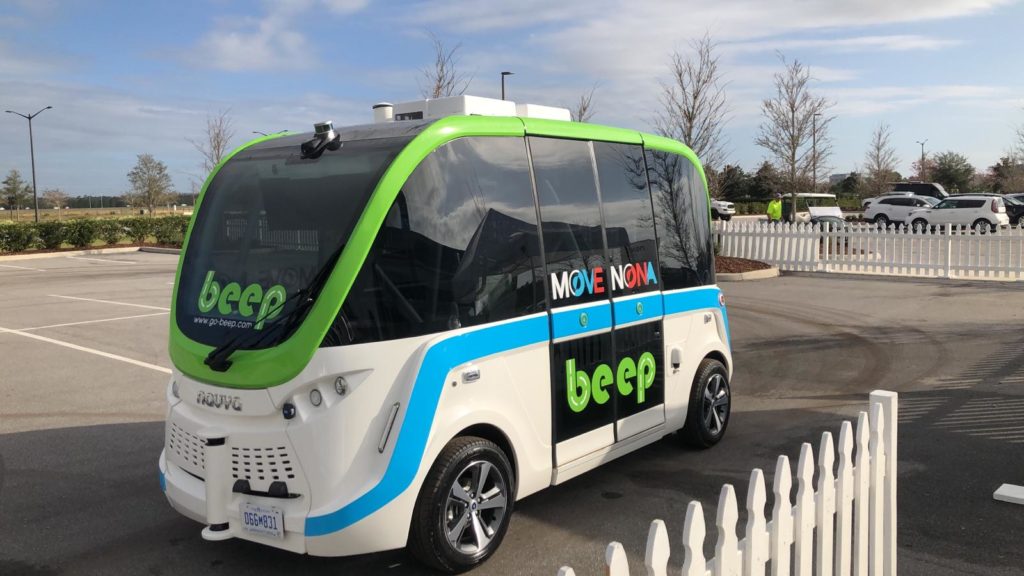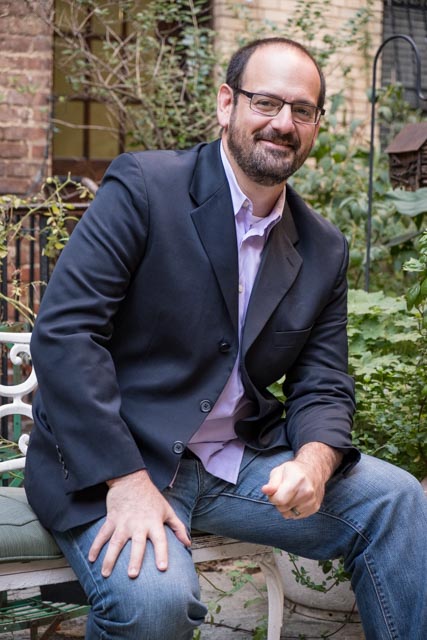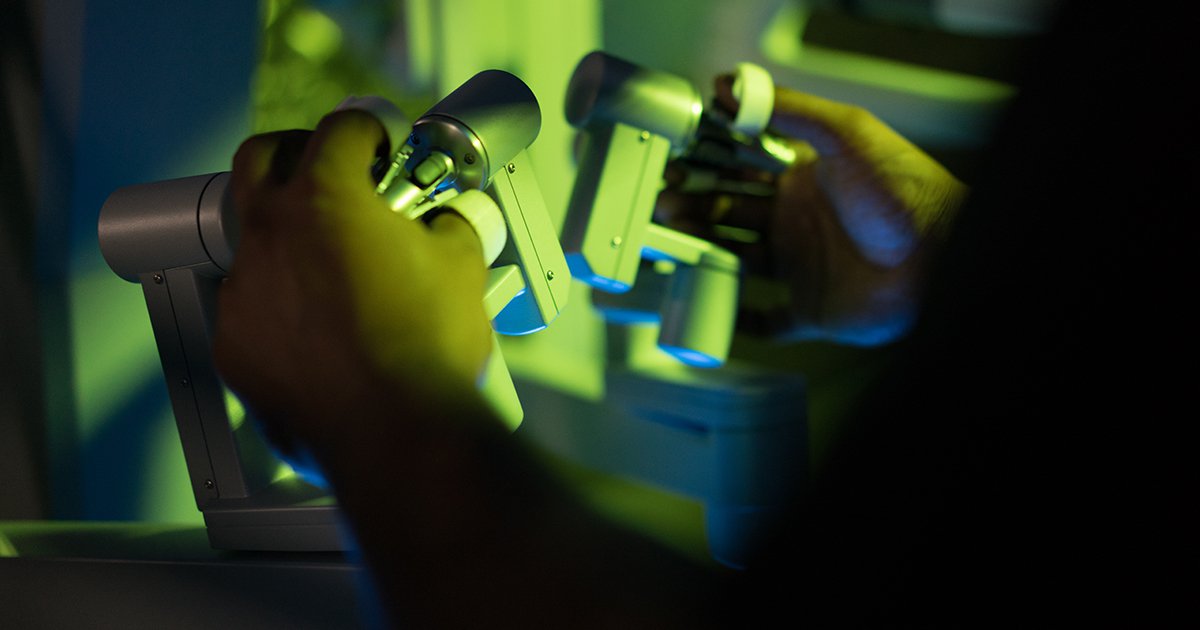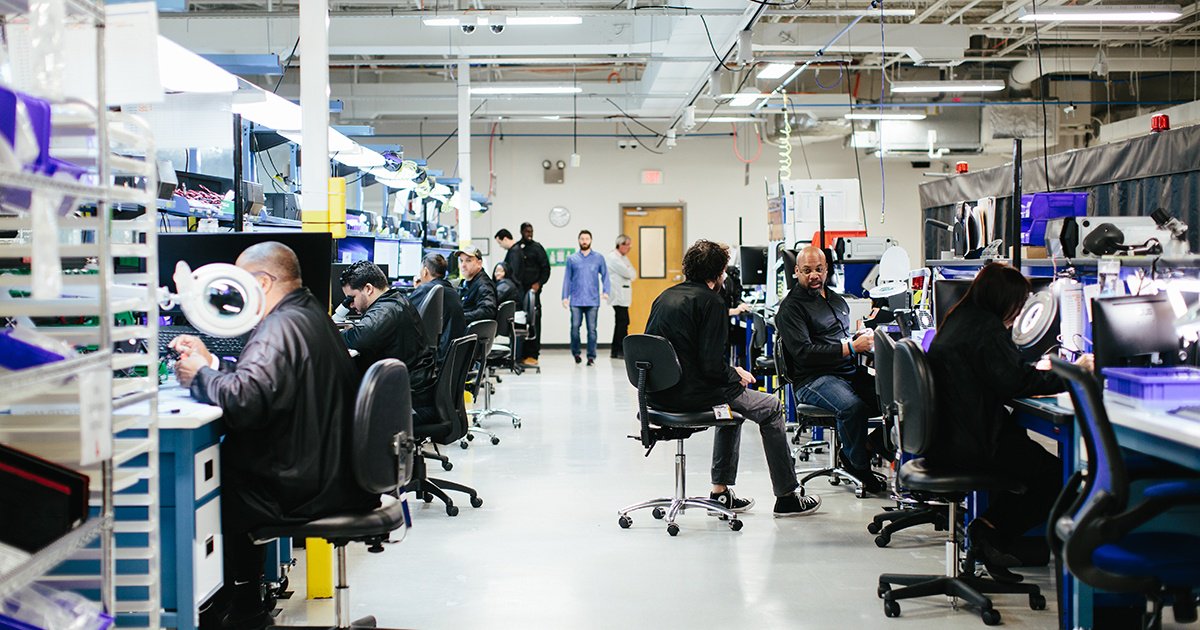Orlando is poised to become a hub for autonomous vehicles because of its designation as a national AV proving ground, history in space exploration, cluster of defense and aerospace contractors, specialized university research and unified government buy-in.

Autonomous vehicles represent the future of transportation. When they replace human drivers, the world will see far fewer accidents, less traffic congestion, lower emissions and other huge benefits.
But to achieve the revolution they promise, they’ll have to prove they are less dangerous than people behind the wheel. That’s why engineers in Orlando are figuring out how to make them as safe as they can be.
It turns out how these robots sense and respond to their surroundings is everything. The vehicles are equipped with cameras and radar, which constantly monitor the passing world to instruct the car to adjust speed and direction. But these instruments don’t let the cars see nearly as far or clearly as they should to maximize occupant and pedestrian safety.
Luminar Technologies had a possible solution. The Orlando-based team improved on lidar, a technology that uses lasers to measure distance. The military, meteorologists and other specialized operations already used these systems widely, but they were expensive to make and too bulky for consumer applications.
Scott Faris, Luminar’s chief business officer, said the business located its design and manufacturing headquarters in Orlando because the area is known as the center of expertise for the advanced imaging technology. The region has long been an innovation hub for such instruments because of NASA, defense and aerospace contractors, and specialized university research labs that are located there.
“It’s like the Silicon Valley of lidar,” Faris said. “The density of folks here that understand things like lasers and computer modeling is higher than certainly anywhere else in North America, and maybe even the world.”
Scott Faris, chief business officer at Luminar Technologies
Orlando is one of the hottest places in the world for cutting-edge tech development like this. Everybody is in alignment here about making Florida a leader and then maintaining that leadership in the evolution of transportation to autonomous vehicles.
With all that expertise to tap into, the local Luminar team of 250 people released a lidar system that the company said could see 10 times farther than competing devices and is 50 times better at resolving details in images. It could also be made cheaply at scales that the AV industry would need as the robots begin operating on public roads.
“Seeing longer range and at higher resolution is critical to give the vehicle time to navigate and react to the world,” said Faris. “Orlando is one of the hottest places in the world for cutting-edge tech development like this.”
Looking to expand your business to Orlando?
If growth is in your plans, you’ve come to the right place.
Seeing The Opportunity Early
Luminar, which was founded by 2018 Forbes 30 Under 30 honoree Austin Russell, is part of Orlando’s rapidly growing AV landscape. The city’s private- and public-sector innovators are focused on the possibility of becoming the country’s pre-eminent location for development and commercialization.
Specialized research at institutions like Florida Polytechnic University and the University of Central Florida is pushing the industry forward. Companies, meanwhile, are developing the systems that robotic cars, trucks, aircraft and ships need to operate on their own. And government at all levels is chipping in to both nurture the fledgling industry and become an early AV adopter.
Efforts to establish the Orlando region as a top-tier AV innovation hub started in 2011, according to the Central Florida Automated Vehicle Partnership (CFAVP), an alliance of city and state agencies, NASA and other organizations dedicated to the effort. That year, the Florida Department of Transportation launched a program to designate the I-4 corridor, which runs through Orlando from Tampa to Daytona Beach, as a test bed for advanced technologies.
The state’s legislature took up the baton soon after in 2012. Over multiple sessions up to the current one, politicians have made it clear that AV testing, development and deployment are welcome activities in Florida. State law now permits the testing and operating of AVs on public roads with or without a human driver in the vehicle.

AV service companies are being drawn to the area because they see demand from seniors who live in massive retirement communities. One such company, Voyage, started operating robotic minivans in The Villages, a community north of Orlando, in February. People with disabilities will also benefit from the quality-of-life improvements that AVs will provide.
All of the tourists constantly streaming into and out of the area are another big motivator. Charles Ramdatt, Orlando’s deputy director of public works and its AV lead, said the technology will significantly improve life for the 72 million tourists who visit the area every year.
“We’ve got the largest rental car market in the world,” Ramdatt said. “And with people coming from around the globe and looking for our tourist destinations, you’ve got lots of different driving habits and lots of drivers who are unfamiliar with the area.”
He continued, “We’re trying to figure out how to make the visitor experience better — that’s why we want AVs. I can’t see a better place to locate an AV company than here.”
The chance to improve transportation for residents and tourists alike is why the city and county joined CFAVP. In efforts to demonstrate the safe and improved services AVs could provide, leaders have started inking deals to deploy the first wave of pilot projects.
In February, the city announced it would begin operating two small autonomous buses on routes in Southeast Orlando. Beep, the company responsible for the vehicles, said at the same time that it would locate its headquarters in the city. Orlando Mayor Buddy Dyer said he hoped to bring more of the buses online in the future to run circulator routes downtown.
“We want to be one of the autonomous vehicle central points in all of the United States,” Dyer said while announcing the program.
With local efforts happening on many fronts, from university research to commercial innovation and government buy-in, Dyer’s wish is well on its way to becoming reality. Like the advanced lidar system developed by Luminar, Orlando is working to see farther and better than its AV competition.
“Everybody is in alignment here about making Florida a leader and then maintaining that leadership in the evolution of transportation to autonomous vehicles,” said Luminar’s Faris. “I’ve been surprised and excited about how much people are coming together around this.”
Originally published in Forbes BRANDVOICE.



